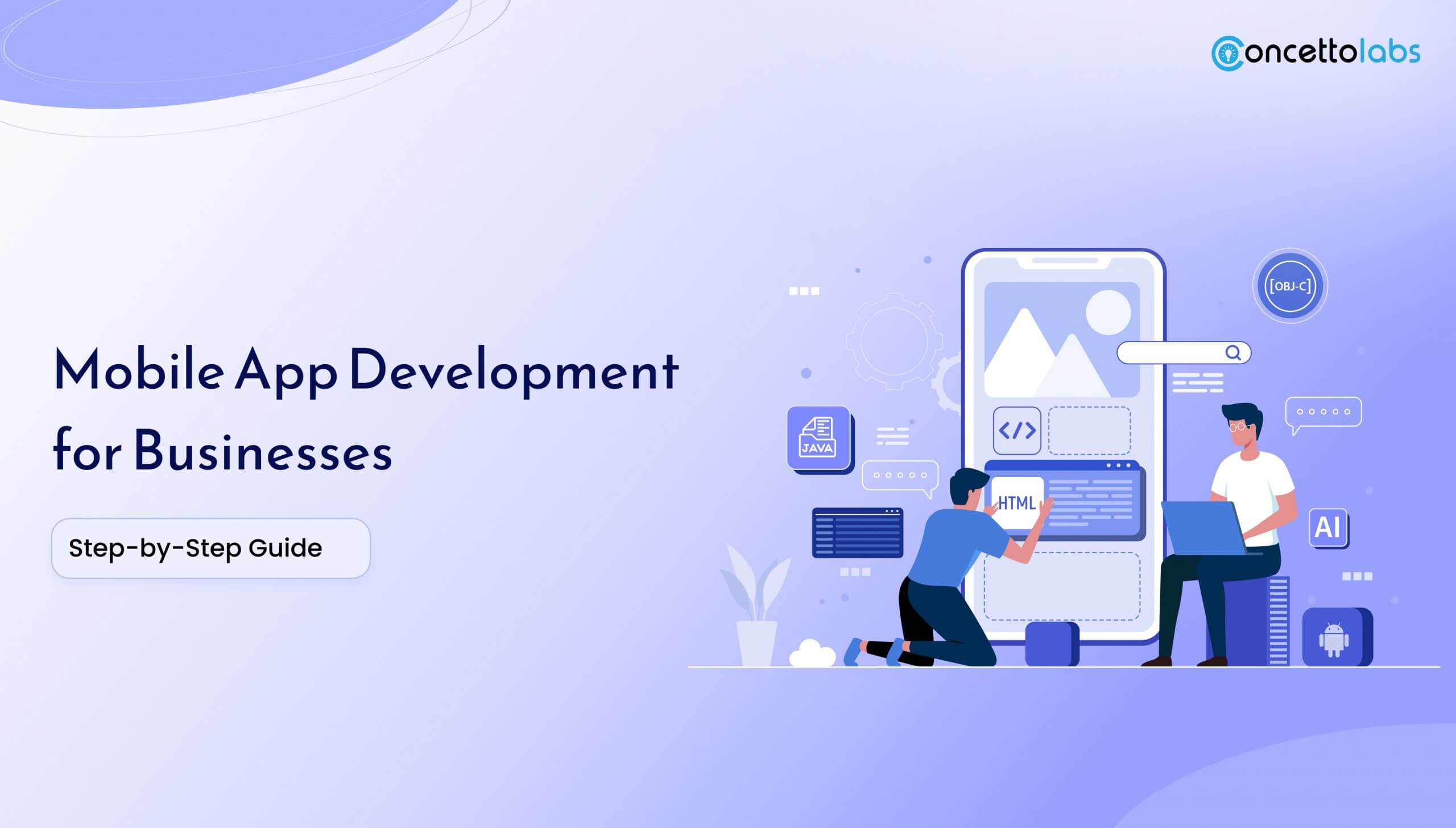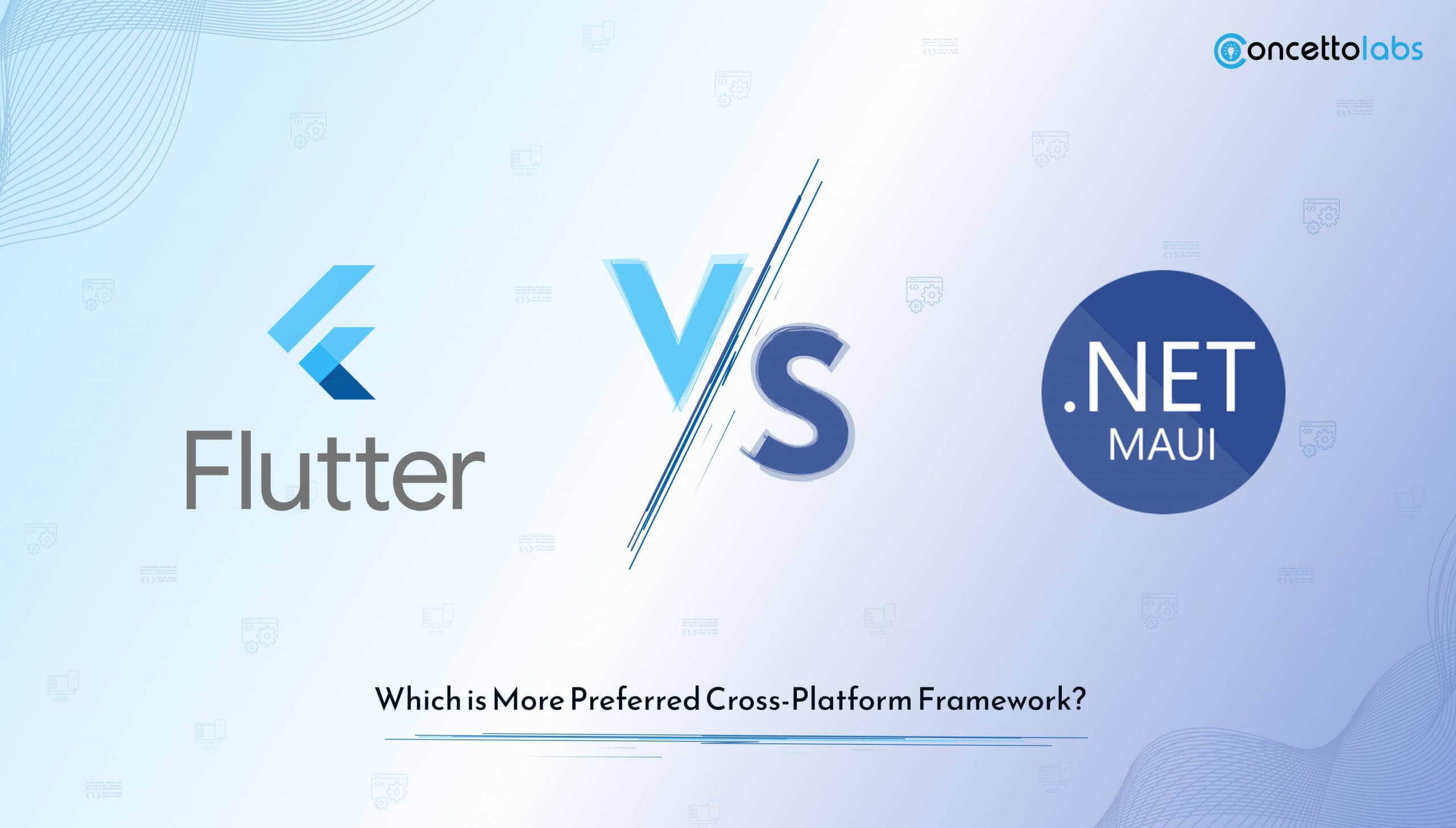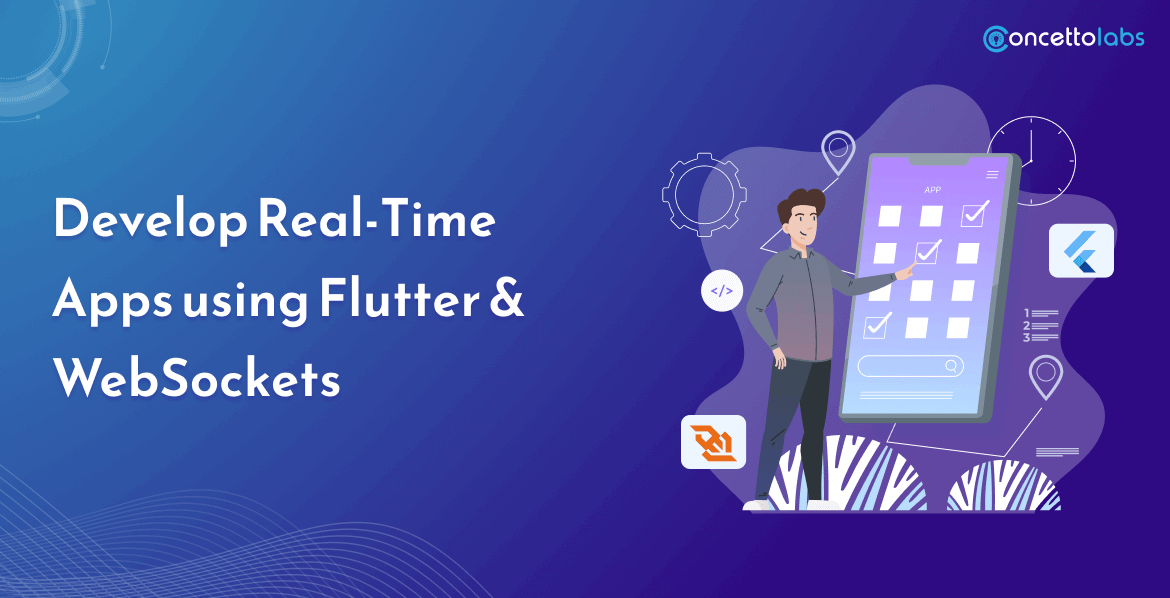
“Planning an app development for your business? Confused about whether to go for a native iOS development or choose React Native? Then, here we are with some useful insights on what to choose in 2021?”
Mobile apps have become a beacon of the digital era. From Netflix to Facebook, giant digital corporates are nothing but apps. Apps have two platforms Android and iOS that make 99% of the mobile OS market.
So, there is a persistent question. Whether to go for native development or an app that can work across both platforms? Amidst this confusion, hire React Native development seems to be a valid option.
It is paramount for firms today to get apps that have a user-friendly interface. React Native can help with excellent UI/UX design that works across native platforms. It is also time and money-saving technology.
But, there are some downsides to react-native technology. These negatives of React Native make iOS native development attractive. Let’s not waste more time and dive into which is the best technology for your apps? React Native or iOS Native development.
React Native Development
React Native is a framework for cross-platform app development. It is developed by Facebook. It enables the use of a single code base across both Android and iOS applications. It does not compromise with UI/UX design for acclimatizing native platforms.
How React Native is different from iOS Native development?
Most of the native development frameworks are stringent in their approach. React Native helps developers with more than 70% code sharing. So, you don’t need to code for each platform that is Android/iOS. Rather than that you can share your source code up to 70% and create native compliant apps.
What are the Advantages of React Native?

1. Rapid Development
React Native uses Javascript. So, building your app becomes 33% faster than iOS Native development. It allows the shared code method. Developers can share code across p[latforms. It reduces coding time, making it a rapid development framework.
2. Lower Bugs
It has lower bugs to fix. The development framework provides robust apps. You don’t need extensive teams to handle debugging or any tool for the same. Thus, it reduces costs.
3. Native UIs
With some age-old frameworks like Ionic, there were issues with UI. It allowed web-apps wrapped in native containers to be your apps. So, users tend to have low user experiences. But, React Native aces the UI design. It uses native components to provide 100% native Uis.
4. Hot Reloading
It is a feature that enables the visualization of changes in code. Developers can visualize immediate changes in the code. It also helps developers to see how these changes affect apps in real-time.
5. Faster Version Rollouts
Every version rollout needs approval from play stores. But, React native bypasses the play store approvals. JavaScript base of apps helps new version rollouts without any play store approvals.
6. Native Performance
React Native apps are on the same page when it comes to native apps. It has a performance like any native apps with native UI components. do It does not allow an app to be alien in a native environment.
What Are The Downsides Of React Native?
1. Native Bridges
If you want your shared code to have native UI components, you will have to create native bridges. React Native uses Javascript logic. You need to hire iPhone app developers to use Swift/Objective-c for native UI components.
You will need asynchronous native bridges between components and the Javascript part. Here, your app performance may take a hit.
2. Third-Party Components
It does not support a lot many third-party integrations. It is quite new to development frameworks. So, such integration may take time to have compatibility.
3. Feature Integrations
Take an example of an advanced feature like a fingerprint lock. It does not support integrations of many such features across native environments. If you do so, you will have to create a specific native environment. This may not be easy with native bridges that you need to have for integrations.
What is iOS Native Development?
It is the development of mobile apps for the iOS platforms. iOS development uses Swift. Apple has powered iOS development through Swift. Earlier, Objective-C served as the main development language.
What Are The Pros Of iOS Native Development?
- Native iOS applications are faster to load in comparison to cross-platform apps.
- Native UI design is excellent and in sync with the environment.
- It provided better play store rankings due to good UX.
- It also can enhance UX through native feature integrations.
- It helps with better version control.
What Are The Cons Of iOS Native Development?
- The cost of development is higher than cross-platform apps.
- It needs more time for development.
- It also needs more time for updates to different versions.
React Native Vs. iOS Native Development: Which Is Better?
There are many factors for you to choose React Native over iOS Native development aces. If you consider the development time, React Native is a better option as it is faster. But, if you think of the maintenance of the apps, iOS seems to be a plausible solution.
For upgrades, the native platform can be more useful. So, choosing iOS development is a good idea. But, reaching more target audiences needs a cross-platform framework like React Native.
So, if you are looking for a basic app with features that are not complex, React Native is the best option. While for complex native apps, iOS development is a great solution.
If you are looking to go for iOS Native development, then you will need native developers. They can help you achieve 100% native performance. So, it is wise to hire dedicated iPhone developers.
While if you choose to React Native, you may need separate teams for native platforms. Either way, it depends on the scale and need of an app for your business.
Conclusion
Whether to go for a native or cross-platform app, depends on your business. Some startups began with a native app and then switched to cross-platform apps. It also depends on the target audience. If you aim to tap into the userbase of the iOS platform, you don’t need a cross-platform app.
In the end, it’s all about the plan. If your development plans are thorough, you will know what to choose React Native or iOS Native development!
What are your thoughts about this comparison? Do you differ on some points?
Feel free to share with us in the comment section below!










 Indonesia
Indonesia
 Botswana
Botswana
 USA
USA
 Italy
Italy
 Panama
Panama



 USA
USA UK
UK Saudi Arabia
Saudi Arabia Norway
Norway India
India Australia
Australia